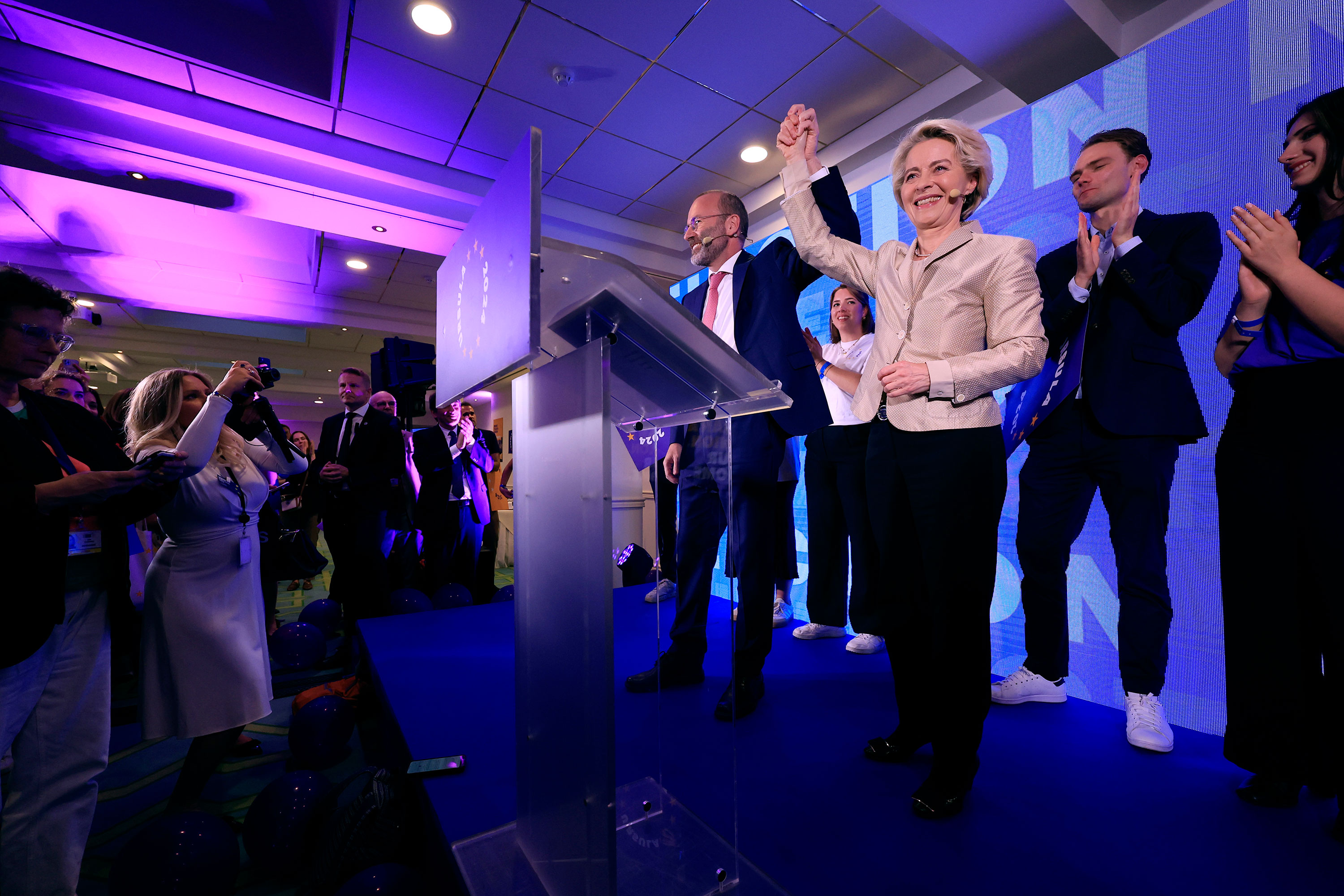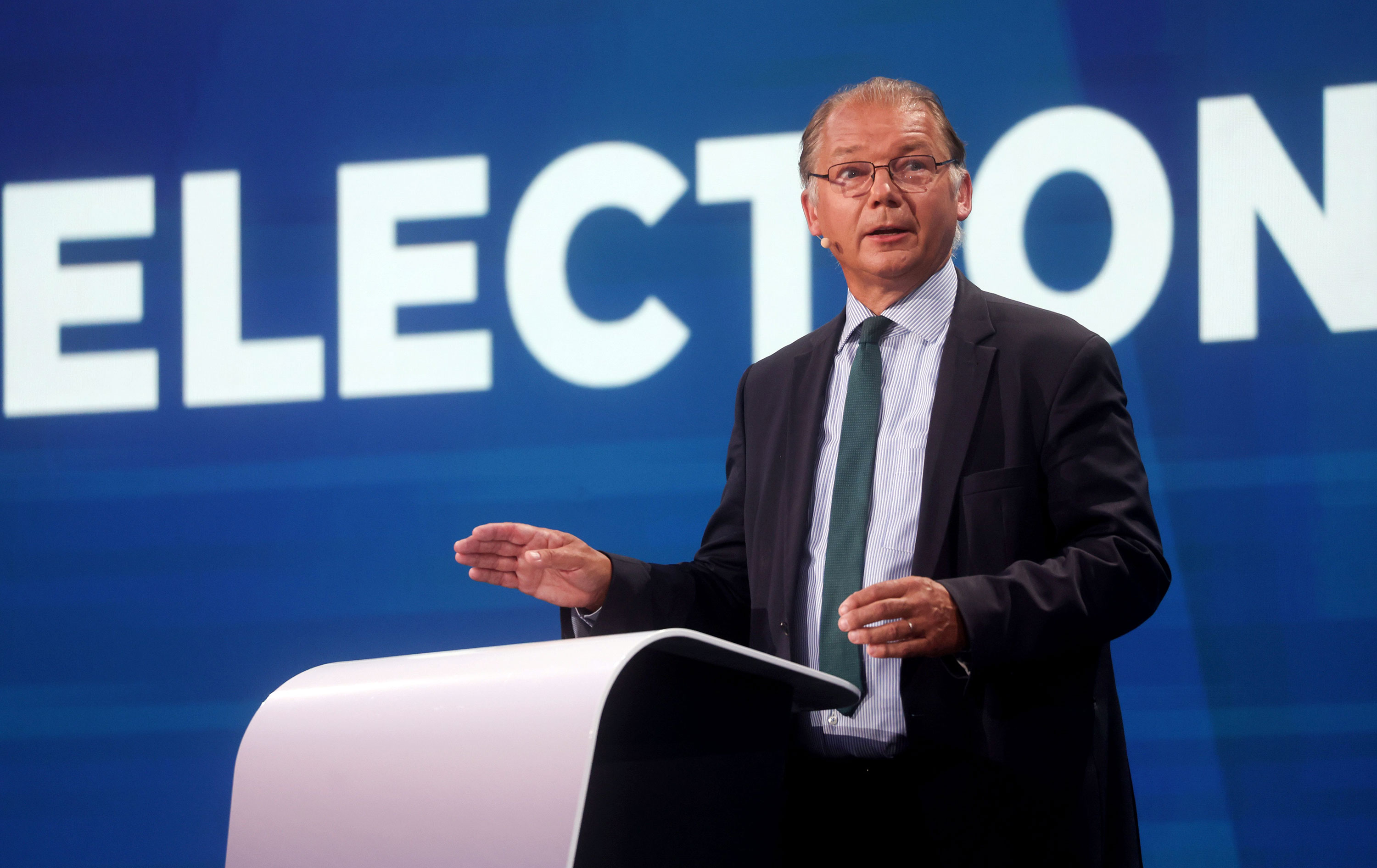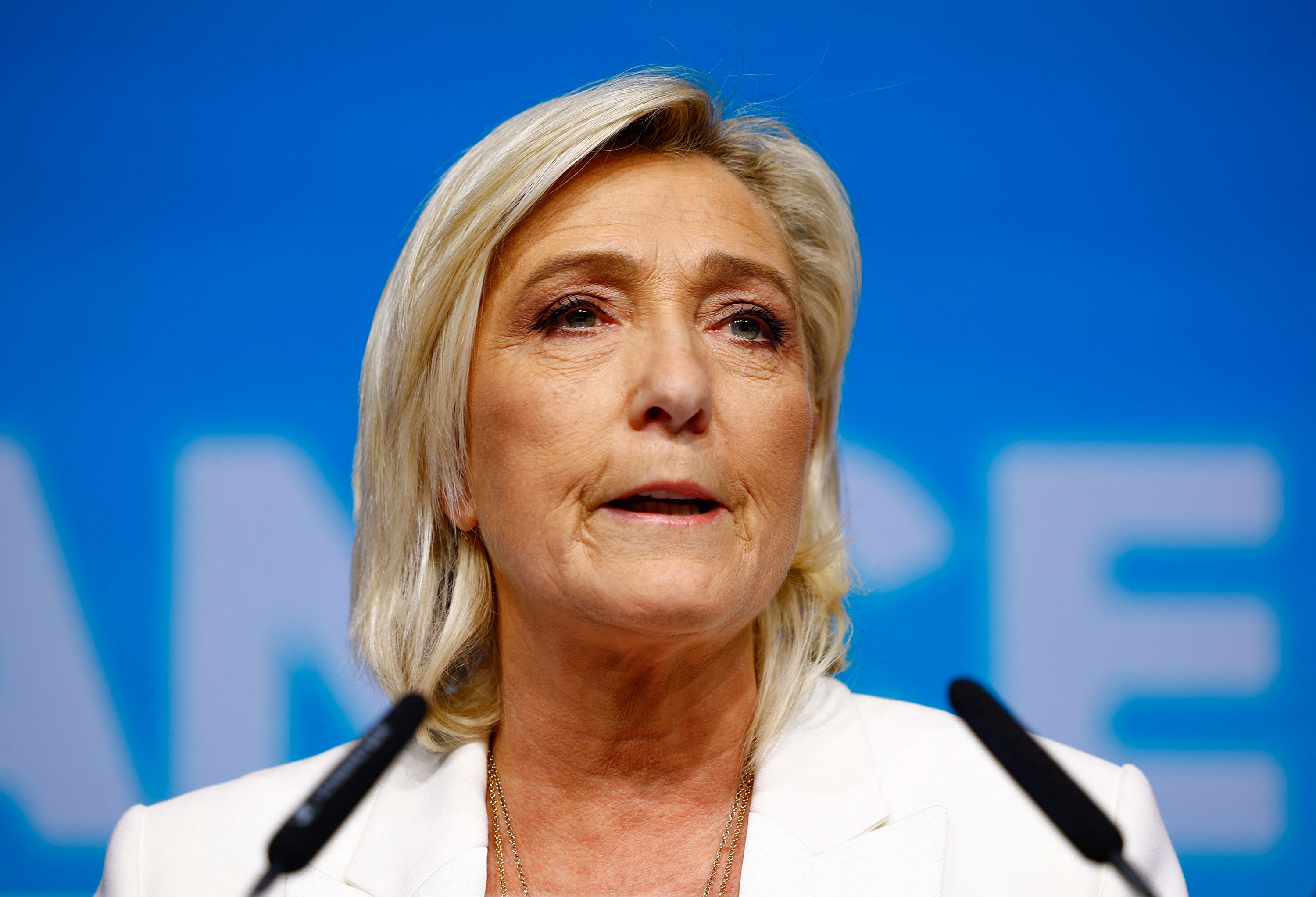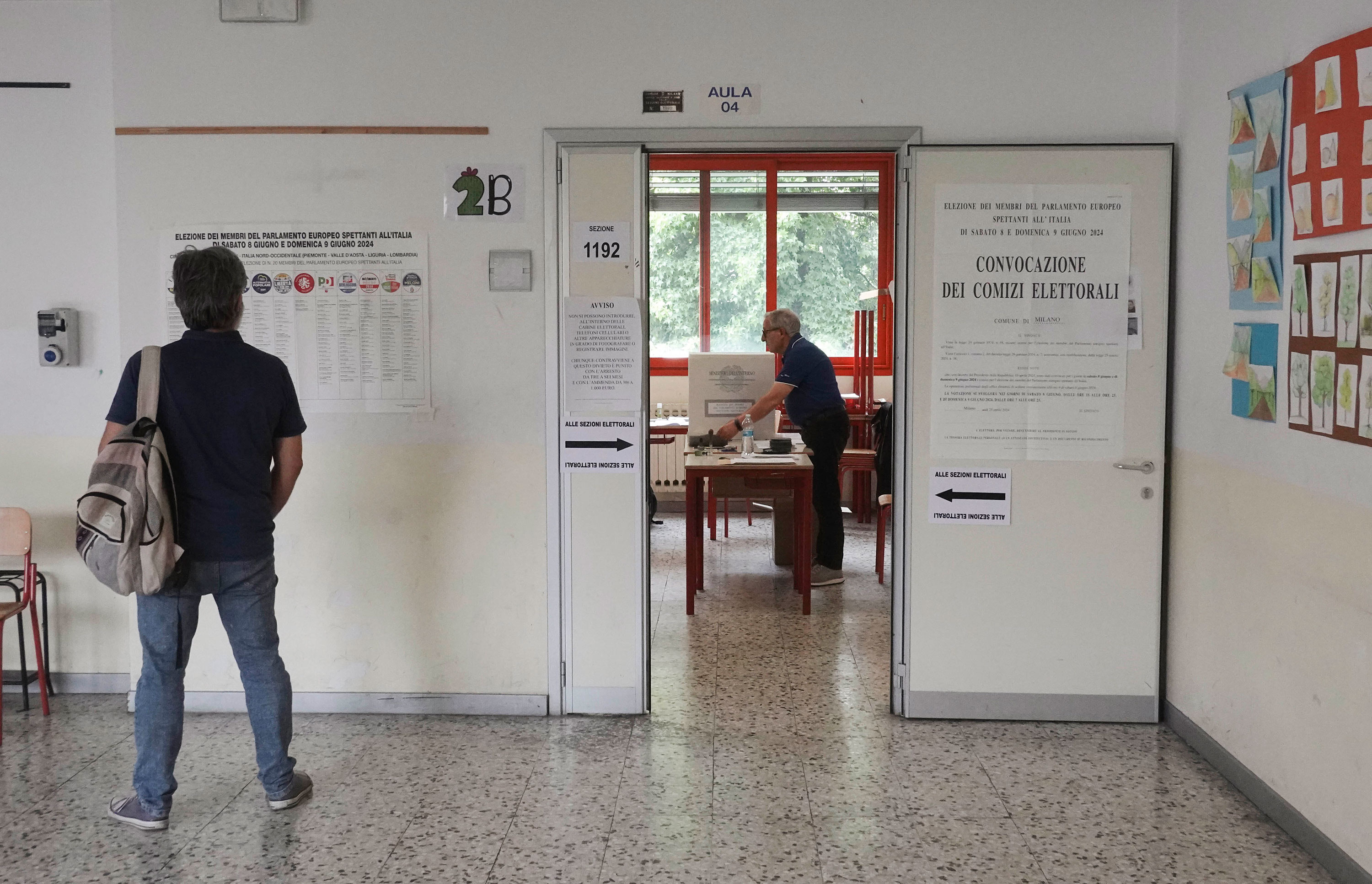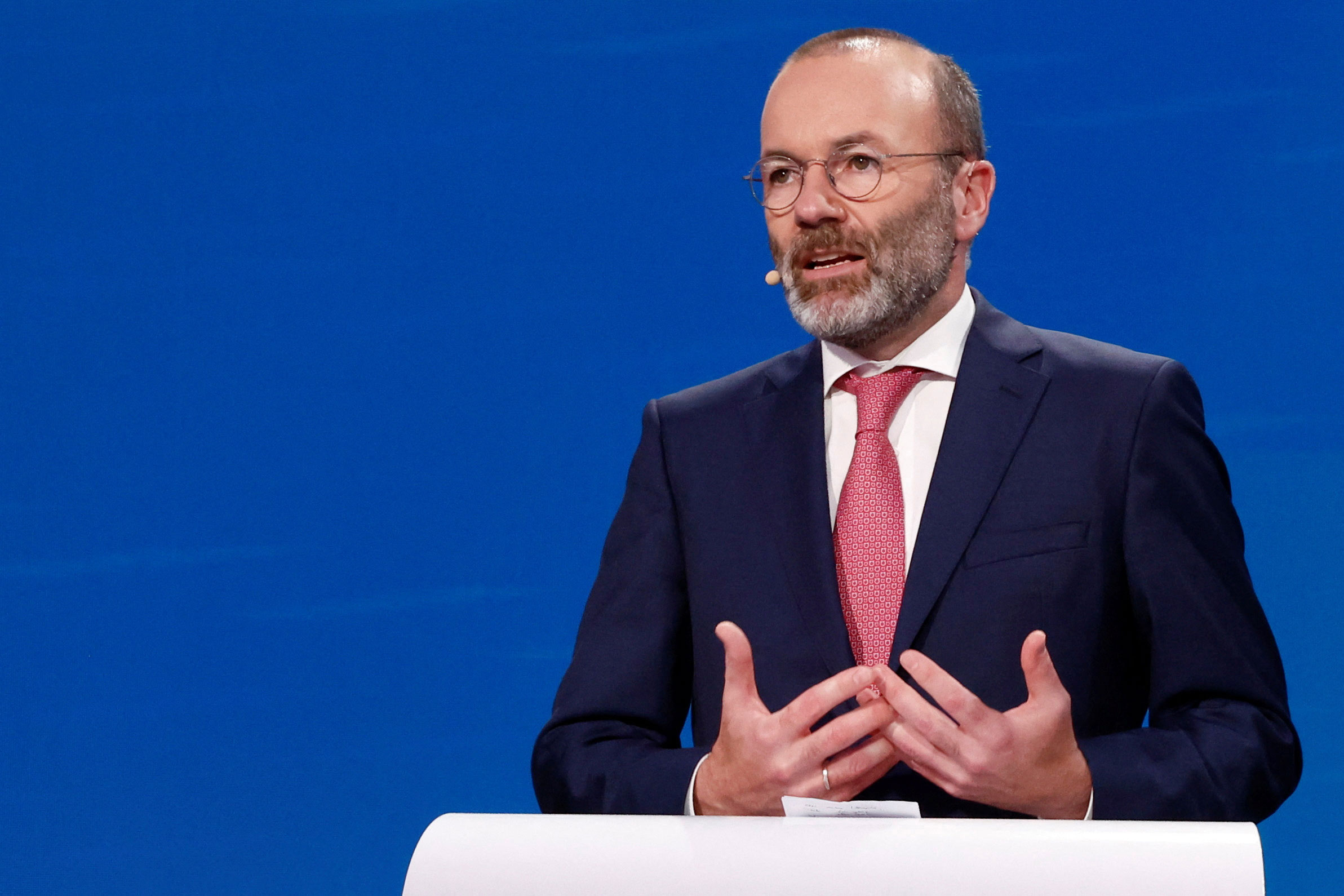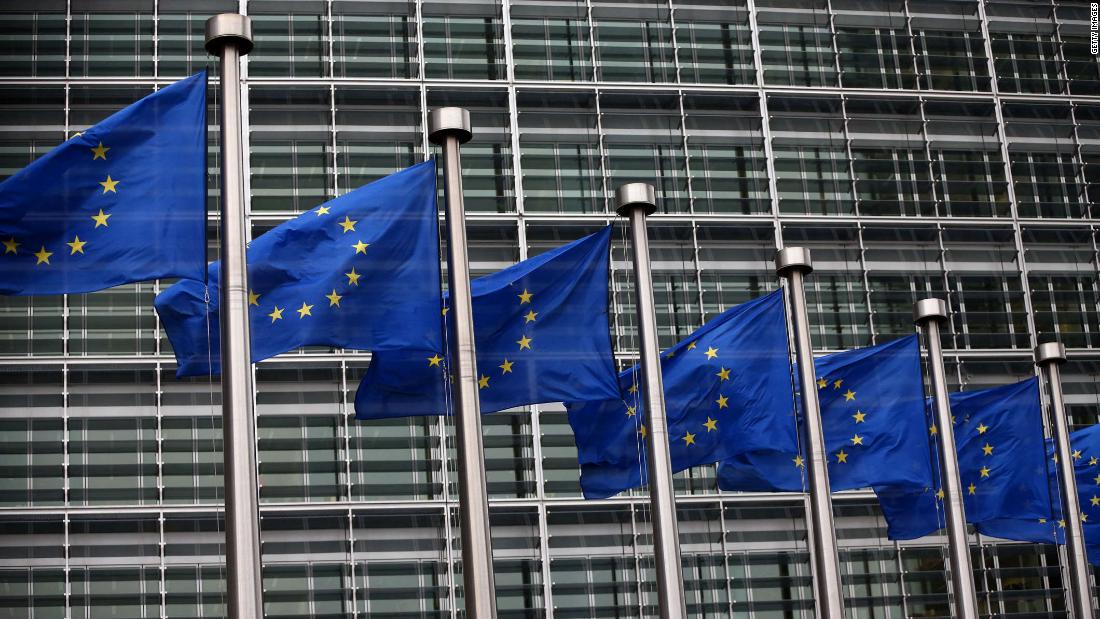
European elections held on June 9, 2024, resulted in significant gains for far-right and nationalist parties across Europe. The preliminary results showed a shift towards right-wing politics, with some countries experiencing record highs for these parties. This trend was particularly noticeable in France and Germany.
In France, President Emmanuel Macron's Renaissance party faced a significant defeat at the hands of Marine Le Pen's National Rally party. The National Rally gained a substantial number of seats in the European Parliament, leaving Macron's centrist group struggling to maintain its influence.
Similarly, in Germany, Chancellor Olaf Scholz's Social Democrats finished behind the extreme-right Alternative for Germany (AfD) party. The AfD saw a rise to 16.5% in projections, marking a significant increase from previous elections.
These results have been described as stunning defeats for Macron and Scholz, who had both campaigned on centrist and pro-European platforms. The gains made by far-right parties are seen as an indicator of voter dissatisfaction with the political mainstream in Europe.
Assita Kanko, vice-president of the European Conservatives and Reformists (ECR), warned that ignoring citizens' concerns could give space to extreme movements. She urged more mainstream parties to join forces and form a pro-European, pro-democratic alliance.
The European People's Party (EPP), led by Manfred Weber, is expected to remain the largest grouping in Brussels. Weber has vowed to deny far-right parties any kind of influence in the European Parliament and urged mainstream parties to join forces with the EPP.
Ursula von der Leyen, a center-right German politician, is predicted to seek a second term as European Commission president. The outcome of these elections could have significant implications for Europe's political landscape and its future direction.
